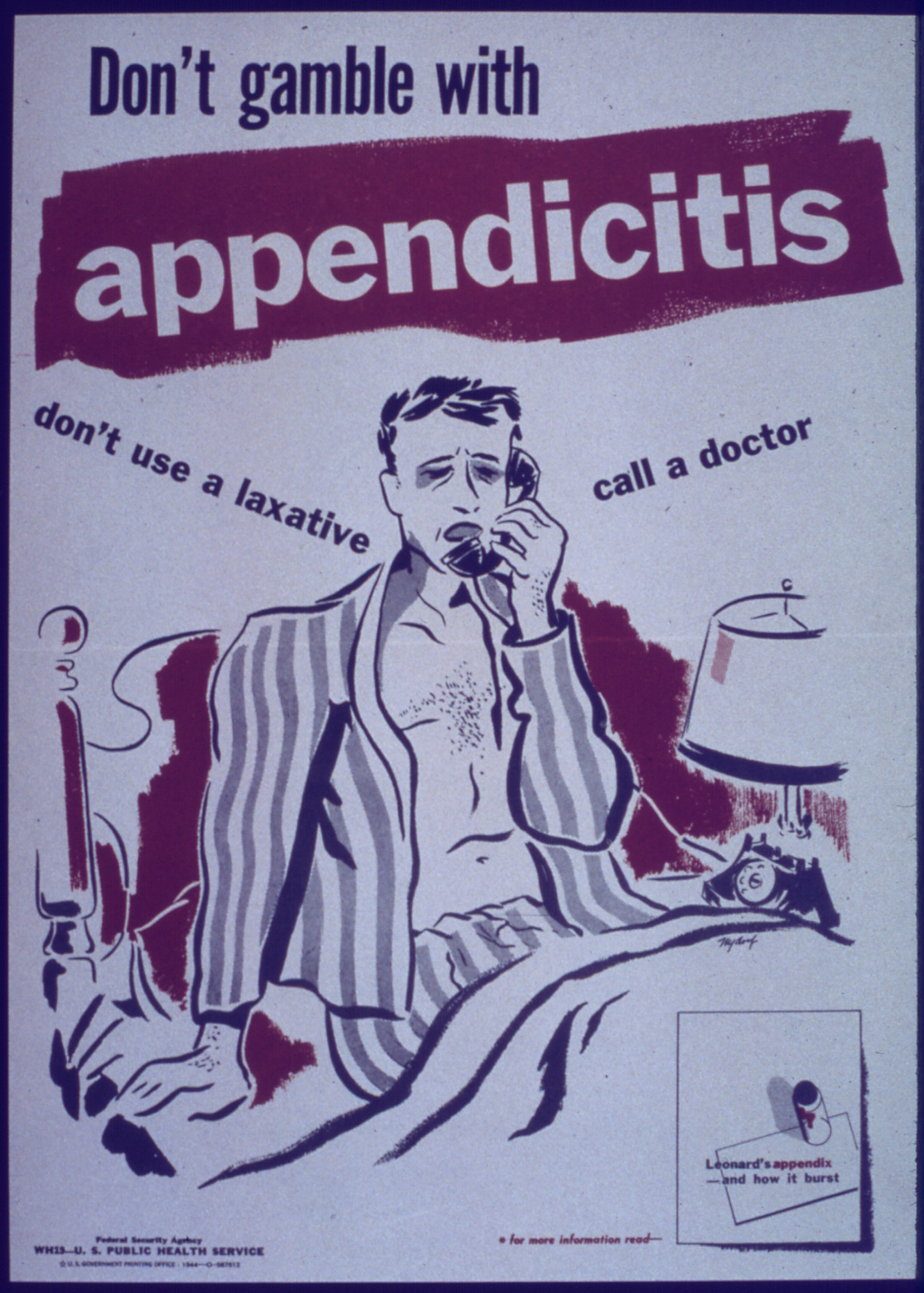Being a woman versus being womanly: the implications after heart attack
/For the video version of this post, click here. There are two elements you can expect to see in almost any study: the first is some effect size - a measure of association between an exposure and outcome. The second is a subgroup analysis - a report of how that effect size differs among different groups. Sex is an extremely common subgroup to analyze - lots of things differ between men and women. But a really unique study appearing in the Journal of the American College of Cardiology suggests that sex might not matter when it comes to coronary disease. What really matters is gender.
The study, with cumbersome acronym GENESIS-PRAXY, examined 273 women and 636 men of age less than 55 who were hospitalized with Acute Coronary Syndrome (ACS). Sex was based on self-report, and was binary (man or woman). But gender isn’t sex. Gender is a social construct that represents self-identity, societal roles, expectations and personality traits, and can be a continuum - think masculine and feminine.
The authors created a questionnaire that attempted to assign a value to gender. Basically, questions like - “how much of the child-rearing do you perform” or “are you the primary breadwinner for your household” - in other words these are based on traditional gender norms - but that’s as good a place to start as any. A score of 100 on the gender scale was “all feminine”, and a score of 0 “all masculine”. Most of the males in the study clustered on the masculine end of the spectrum, while the females were more diverse across the gender continuum.
What was striking is that the primary outcome - recurrence of acute coronary syndrome within a year, was the same regardless of sex - 3% in men and women. But a greater degree of “femininity” was significantly associated with a higher recurrence rate. Feminine people (be they male or female) had around a 5% recurrence rate compared to 2% of masculine people. This was true even after adjustment for sex, so we’re not simply looking at sex in a different way - gender is its own beast.
What does it all mean? Well, it shows us that our binary classification of sex may be too limited in the biomedical field. Of course, there will always be hard and quantifiable physiologic differences between men and women. But what is so cool is that it’s the more difficult to quantify gender-related differences that may matter most when it comes to health and disease.
Of course, this conclusion is way too big to be supported by one small study with a 3% event rate. But given the surprising and really interesting nature of the results, I’m sure we’ll have many more studies of this sort following close behind.




